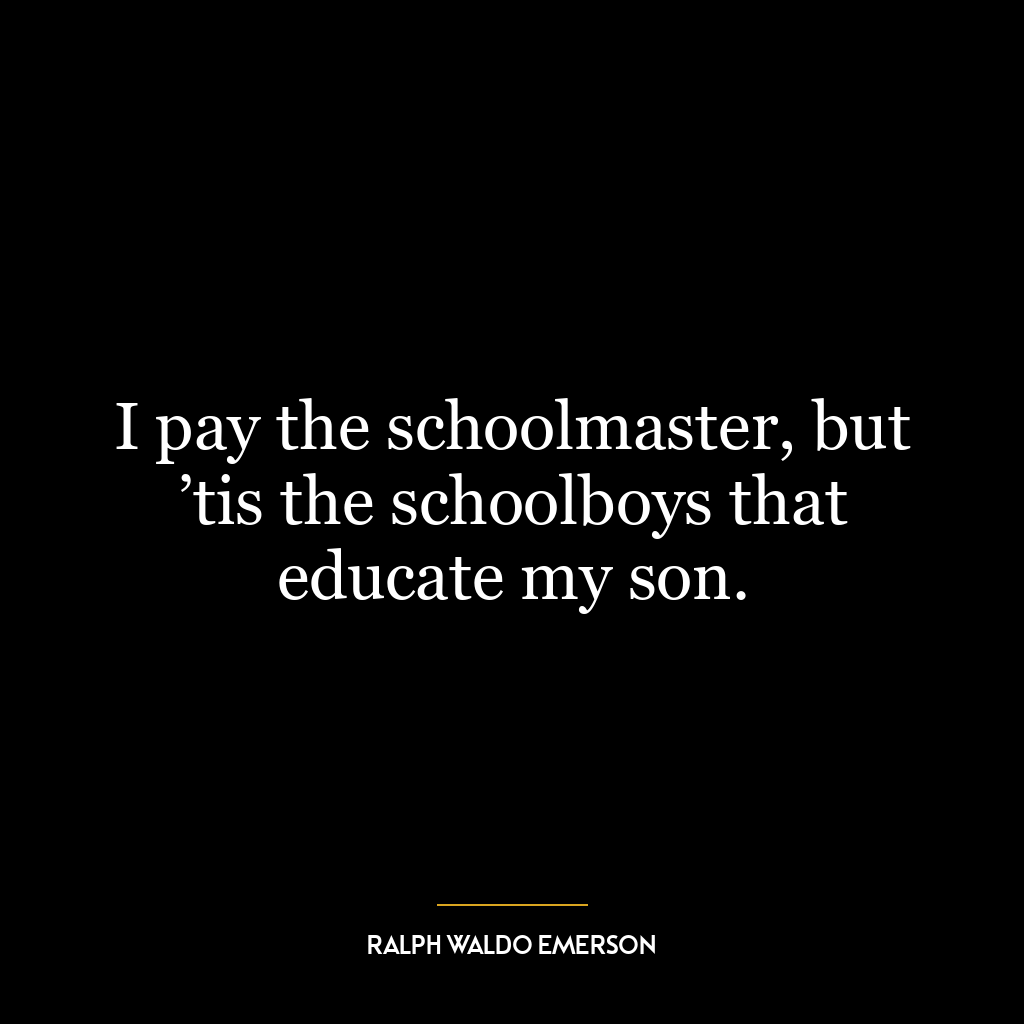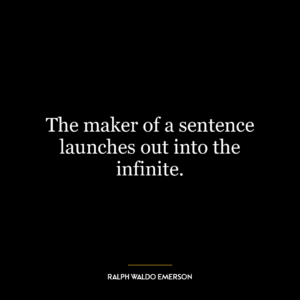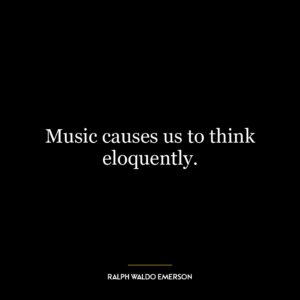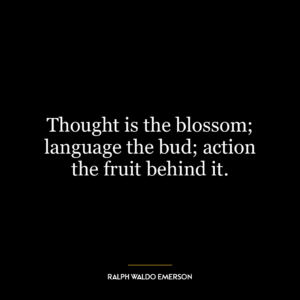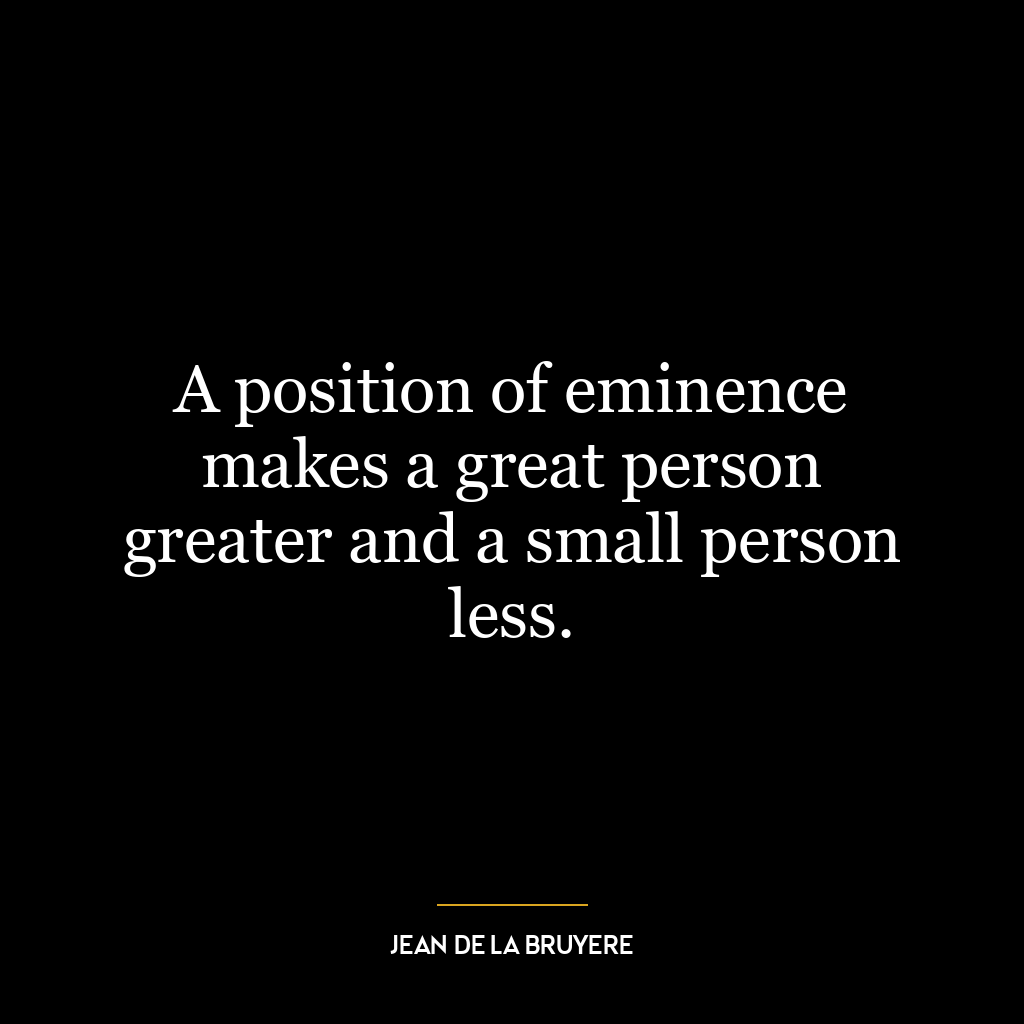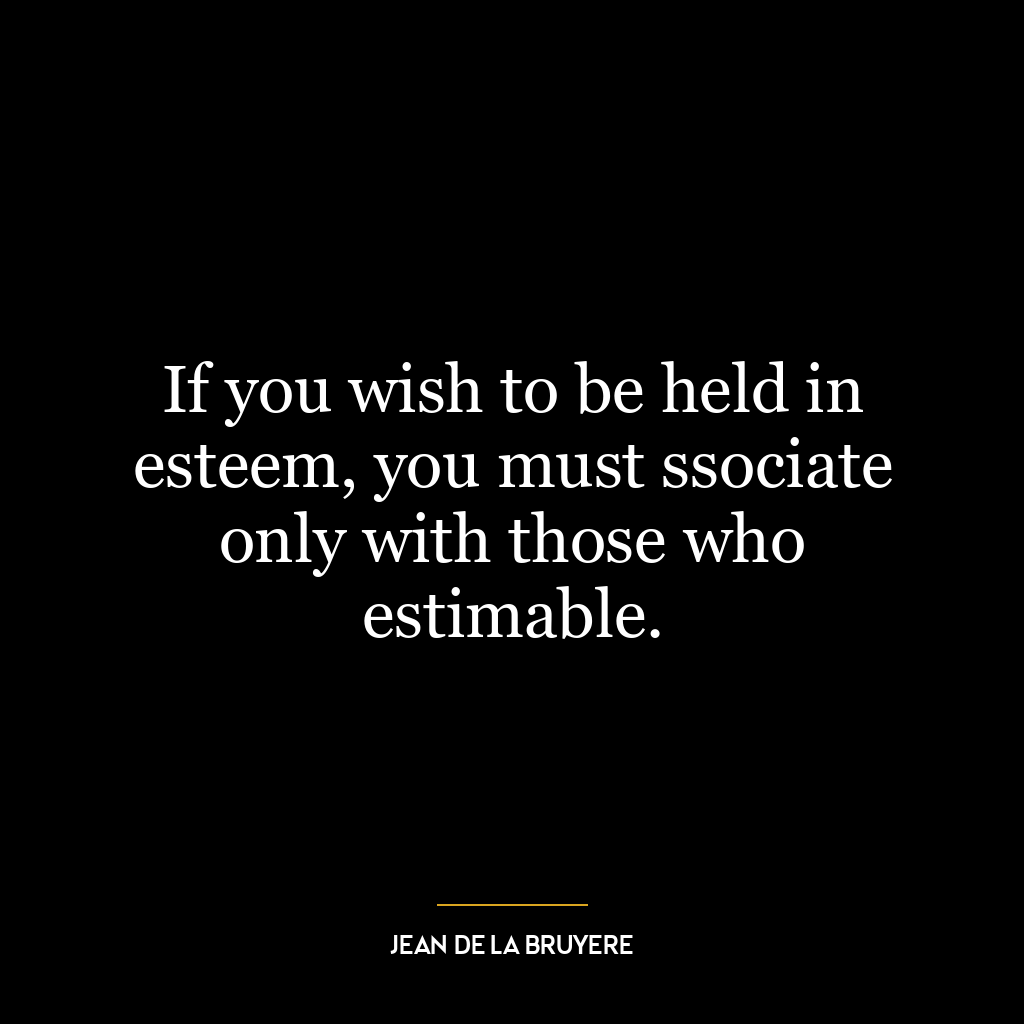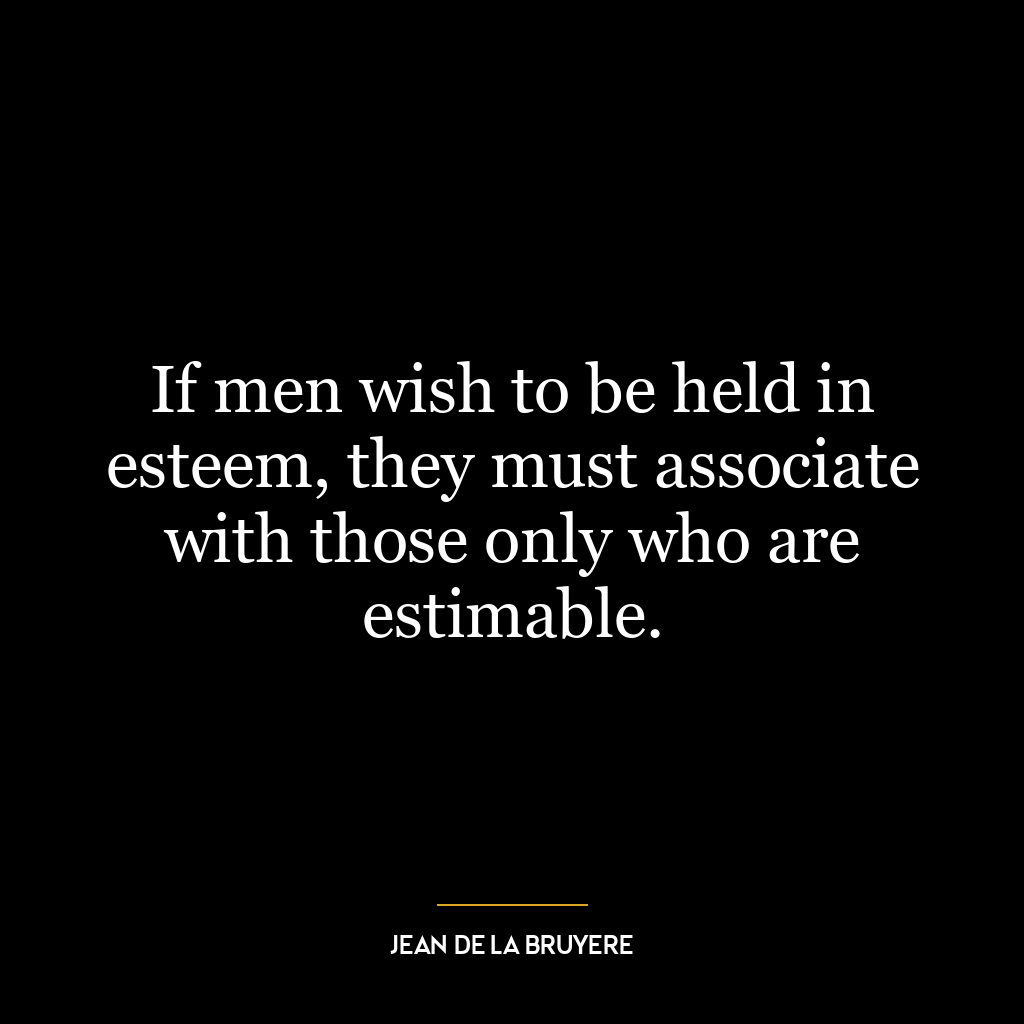I pay the schoolmaster, but ’tis the schoolboys that educate my son.
This quote emphasizes the idea that formal education, represented by the schoolmaster, is not the sole source of learning for a young person.Instead, Emerson suggests that real education often comes from peers and experiences outside of structured teaching.In this context, ‘schoolboys’ represents all the informal sources of knowledge – friends, acquaintances, personal experiences etc.The quote underscores two notable aspects: peer learning and experiential learning. peer learning implies that kids learn a lot from their friends in terms of social behavior, communication skills, teamwork and even academic concepts. Experiential learning suggests that practical experiences provide valuable lessons which are not necessarily covered in textbooks.
In today’s world where information is readily available at our fingertips due to technology advancement; this quote holds even more relevance. Conventional classroom-based teaching is increasingly supplemented by online resources and collaborative platforms where students learn from each other.In terms of personal growth to; while professional mentors or trainers can provide guidance; it’s through interactions with colleagues or handling real-life situations one truly evolves professionally and personally. This might involve working on team projects which develops leadership skills or dealing with challenging situations which enhances problem-solving abilities.
Therefore Emerson’s words are a reminder to keep oneself open to diverse sources of knowledge rather than relying solely on formal modes of education.

